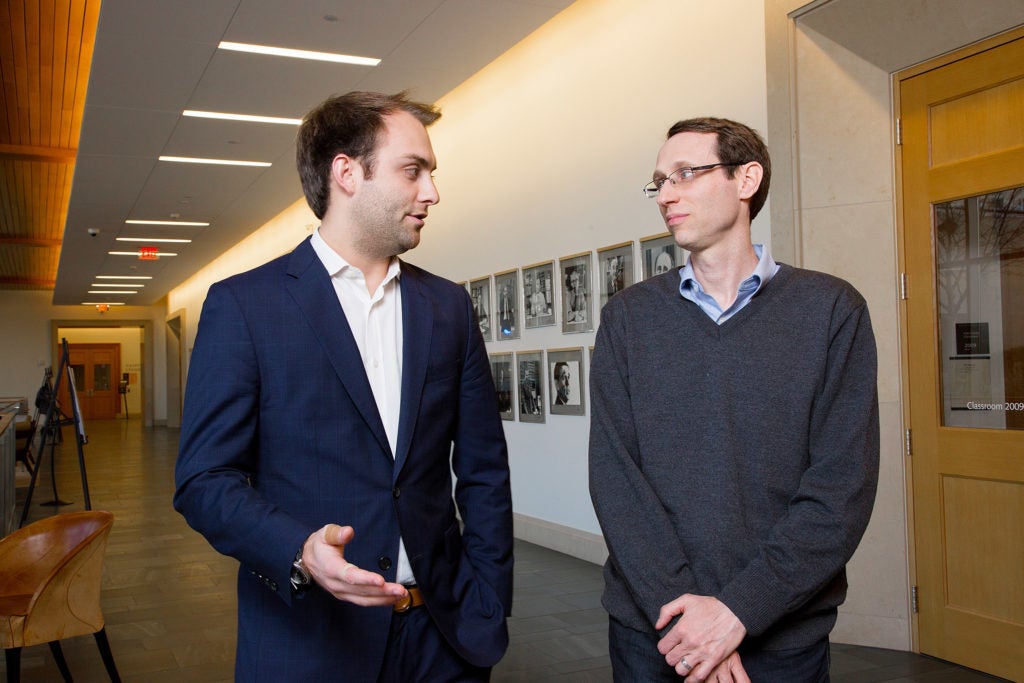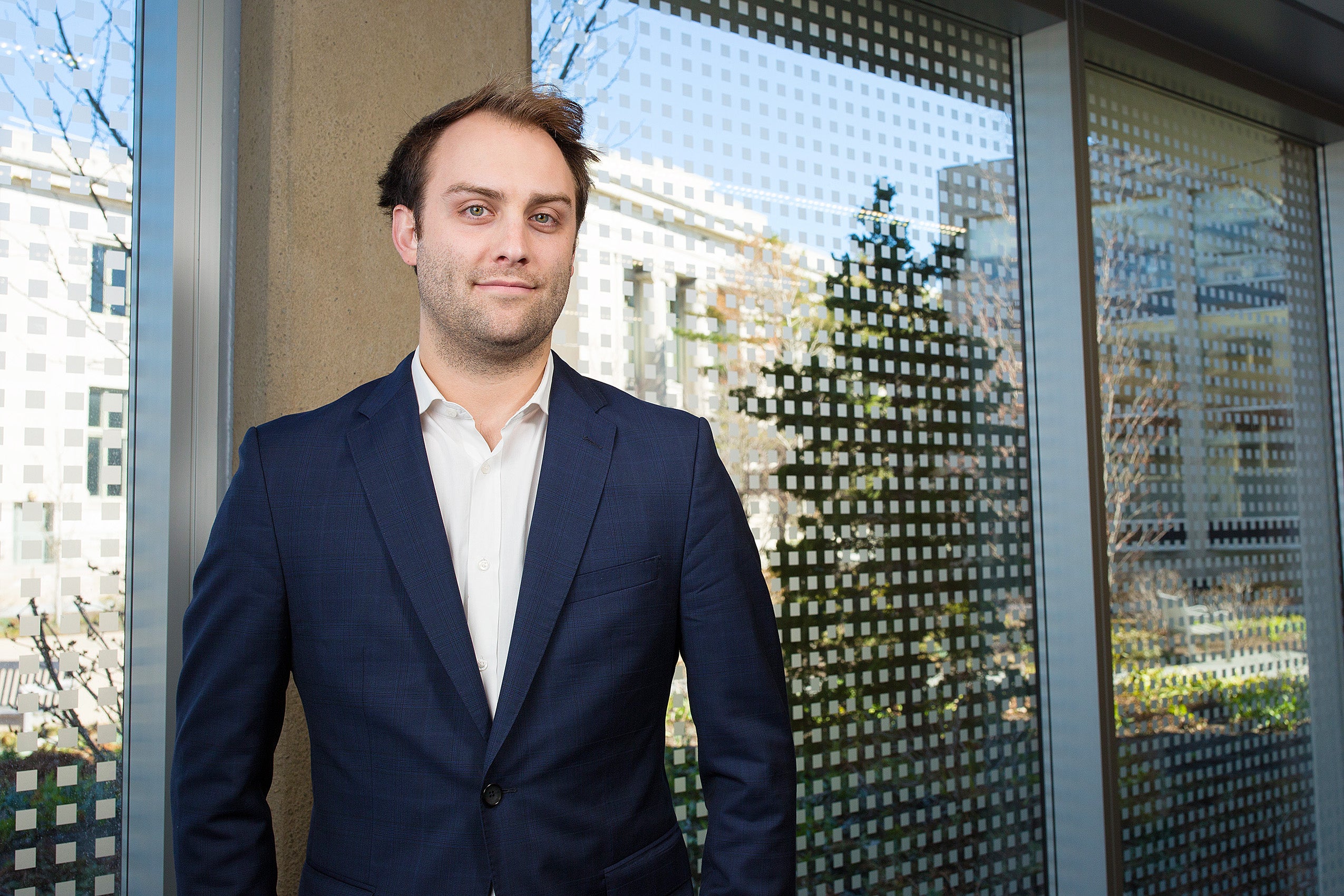There’s a lot of fine print in the world, and, few people—with the exception of consumer protection attorneys—care to read most of it. From terms of service that must be signed before downloading a phone update to waivers of liability required to rent a car, customers sign a lot of contracts with little attention to detail.
One result is that customers who think they’ve signed up for a one-time purchase often discover later that they committed to making small, continuing payments for services they don’t use. For David Webb ’17, this kind of auto-renewal provision in contracts is a problem—but also an investment opportunity.
Last summer, an acquaintance approached Webb with the opportunity to invest in an application that could scan users’ financial accounts to uncover automatically renewing charges that customers may not know they had agreed to. The app, called Hiatus, was launched in 2015, but the developers wanted to expand its offerings to include a tool that could also negotiate lower rates and refunds for services customers wanted to use, but were paying too much for.

Webb is a three-time student of Professor Oren Bar-Gill (right), whose work centers around law, economics and the role of psychology in consumer contracts.
When Webb heard the idea, he was immediately intrigued, having taken multiple law school classes that illuminated why consumers would benefit from such a service. Webb is a three-time student of Harvard Law Professor Oren Bar-Gill, who in classes such as Consumer Contracts and Law, Economics, and Psychology, explained that consumer contracts—agreements made between sellers of goods and their buyers—are only minimally shaped by laws passed by Congress or statutory provisions in state codes. Rather, Bar-Gill explained, such contracts are influenced by market forces and consumer psychology.
According to Bar-Gill, companies understand that people are prone to a kind of short-term myopia that makes them bad at weighing long-term costs. That’s why it makes economic sense, for example, for credit card companies to offer low interest rates upfront, knowing that consumers will be attracted by the immediate benefit and fail to consider the long-term costs.
Bar-Gill’s class spent time discussing the pitfalls of auto-renewal policies, which create long-term financial inefficiencies for consumers who buy services they then do not use. Webb said he learned that “consumers interact in the business world within a bounded rationality. They don’t really appreciate the full contractual implications of what they sign up for and because of that, these auto-renewals compound the problem. Customers don’t see that it takes a financial toll.”
When Webb was approached with the opportunity to become a part-owner of Hiatus, Bar-Gill’s lessons immediately sprang to mind. According to Webb, some monthly services, such as Netflix, are intentionally purchased by customers who willingly pay for the products. But with other providers, such as Ancestry.com or credit score reporting companies, customers never intended to sign up for a monthly service. Still in other situations, customers have a monthly contract, such as for cell phone service, that they intend to use, but for which they pay too much given their actual needs.
As Webb explained, Hiatus can help consumers with either issue, first by flagging the automatically renewing charges that people don’t notice buried in their credit card statements, and second by negotiating for better contract terms and prices for the subscriptions customers actually intend to keep. The app is free, but Hiatus makes money by charging customers half of what the app helps them save in the first year. According to Webb, Hiatus currently manages up to $100 million in annual subscriptions on behalf of approximately 50,000 users. By September 2017, Webb said, the app will have helped consumers save up to $25 million.
Webb—who came to law school with a hodgepodge of real-world experience, ranging from the two years he spent as a professional poker player to his temporary stint, before law school, as CEO of his family’s 50-employee business—said he was glad that Hiatus gave him the opportunity to apply the lessons he had learned in the classroom to real-world problem solving.
Bar-Gill was equally pleased. “Law school—it’s not like a theoretical math department. We do want to influence the real world,” Bar-Gill said. “Sometimes we do it through the courts or discussions and involvement with regulators and legislators, but I think often it happens through engagement with the market and private sector.”
